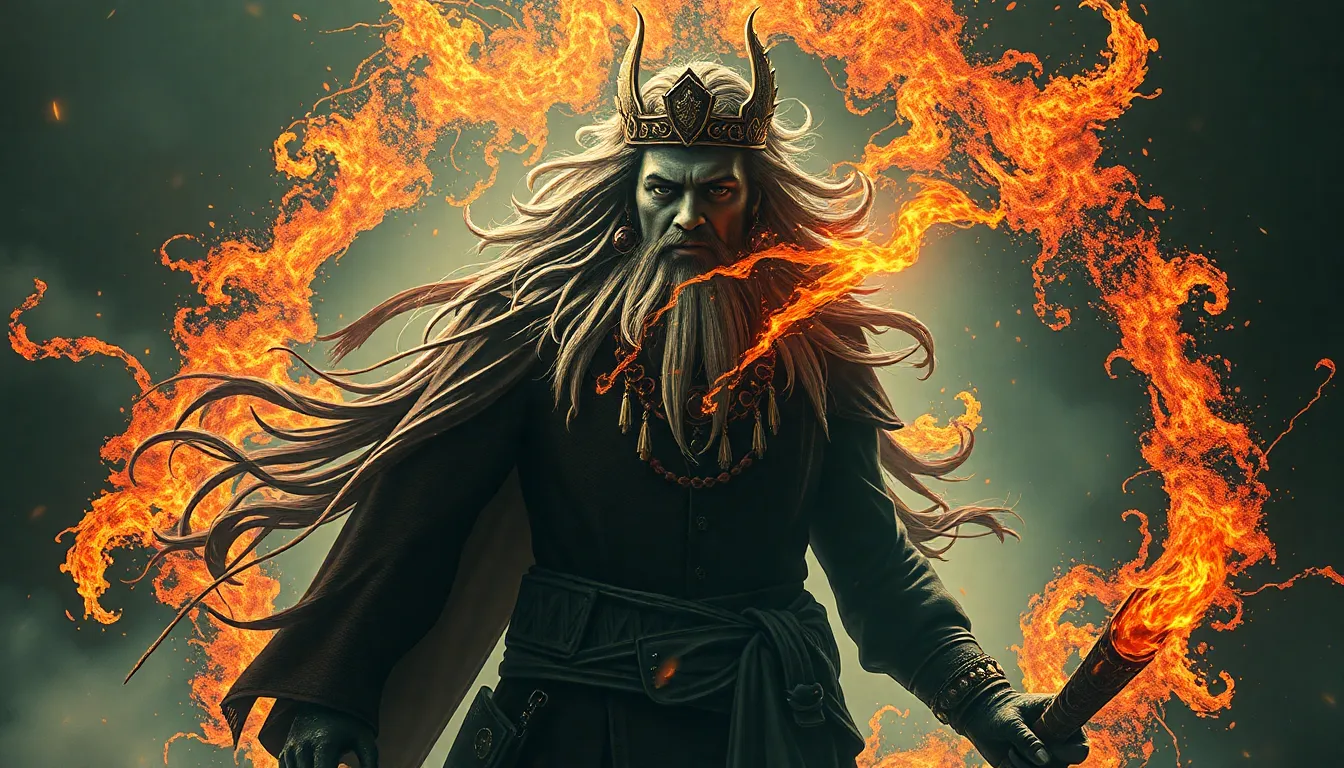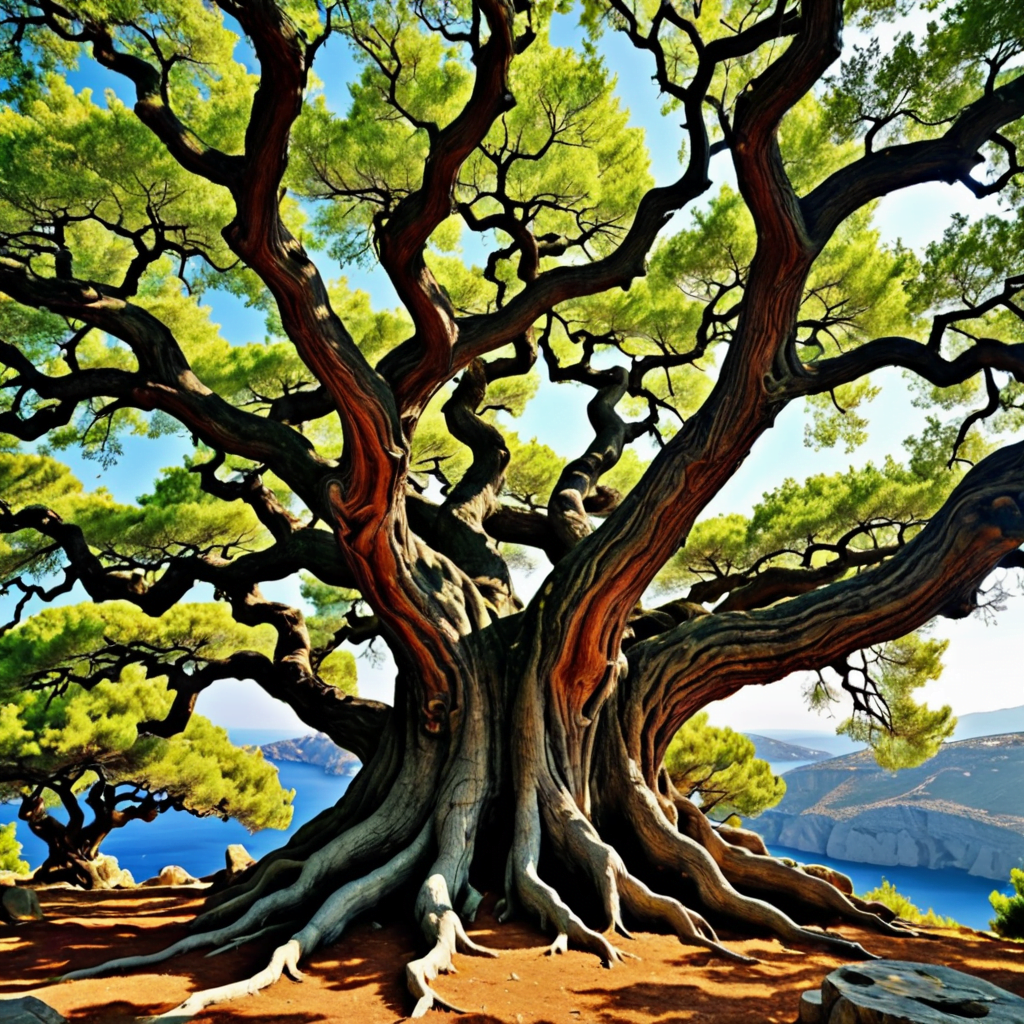Cultural Hero Myths: The Stories That Change Lives
Introduction to Cultural Hero Myths
Cultural hero myths serve as powerful narratives that capture the essence of human experience across various societies. These stories often depict extraordinary individuals whose actions and journeys reflect the values, struggles, and aspirations of their communities. By embodying the ideals of bravery, sacrifice, and transformation, hero myths play a significant role in shaping cultural identities and inspiring generations.
This article aims to delve into the origins, themes, and modern interpretations of hero myths, exploring their psychological and social impact. Readers can expect to learn about the diverse representations of heroes across cultures, how these narratives influence societal change, and the importance of critically engaging with these stories in today’s world.
The Origins of Hero Myths
The roots of hero myths can be traced back to ancient civilizations, where storytelling was a vital means of preserving history and imparting moral lessons. In cultures such as Greek, Mesopotamian, and Indigenous peoples, hero narratives emerged as a way to explain natural phenomena, human behavior, and societal norms.
Oral tradition played a crucial role in the evolution of these stories, allowing them to be passed down through generations. As communities shared their legends around fires or in communal gatherings, hero myths evolved, adapting to the cultural shifts and values of the times. This process ensured that the essence of the heroes’ journeys remained relevant, even as the specifics of their tales changed.
Common Themes in Hero Myths
Hero myths often share several common themes that resonate universally across cultures:
- Quests: Heroes embark on journeys that test their strength, resolve, and character.
- Trials: These journeys are filled with challenges that reveal the hero’s true nature and abilities.
- Transformation: The hero often undergoes a significant change, emerging stronger or wiser.
Additionally, heroes typically embody traits such as courage, resilience, and a sense of justice. These characteristics not only inspire individuals but also serve as a mirror reflecting societal ideals and aspirations. The impact of these narratives is profound, as they encourage individuals to strive for greatness and contribute positively to their communities.
Cultural Variations of Hero Myths
Hero myths vary significantly across cultures, influenced by geography, social structures, and historical contexts. For instance:
- Greek Mythology: Figures like Hercules and Odysseus exemplify physical strength and cunning intelligence, often facing divine challenges.
- Native American Legends: Heroes often embody a deep connection to nature and community, such as the trickster figure Coyote, who teaches valuable life lessons.
- African Folklore: Characters like Anansi the Spider demonstrate wit and wisdom, often using cleverness to overcome adversity.
This comparative analysis highlights how different cultures craft their hero myths to reflect their unique values and experiences, creating a rich tapestry of narratives that inform and inspire.
Modern Interpretations of Hero Myths
Contemporary literature and media have reinterpreted traditional hero narratives, often reflecting the complexities of modern society. Heroes are no longer solely defined by their virtuous traits; the emergence of anti-heroes—characters who possess morally ambiguous qualities—has added depth to the genre. These figures, such as Walter White from “Breaking Bad” or Tony Stark from “Iron Man,” challenge conventional notions of heroism and reflect the struggles and contradictions of modern life.
Furthermore, the portrayal of diverse heroes in media has opened up new avenues for representation, allowing marginalized voices to contribute to the ongoing discourse surrounding hero myths.
The Psychological Impact of Hero Myths
Hero myths play a significant role in personal identity formation and moral development. They provide individuals with frameworks for understanding their own experiences and aspirations. Psychological theories suggest that these narratives resonate with us for several reasons:
- Identification: People often identify with heroes, seeing aspects of themselves in their struggles and triumphs.
- Inspiration: Heroes serve as role models, motivating individuals to pursue their goals and overcome obstacles.
- Moral Lessons: The challenges faced by heroes often convey important ethical lessons, guiding individuals in their own moral decision-making.
These psychological connections illustrate why hero myths remain relevant, providing a source of guidance and inspiration for many.
Cultural Heroes in Contemporary Society
In today’s world, cultural heroes continue to emerge, often in the form of activists, leaders, and everyday individuals who inspire positive change. Figures like Malala Yousafzai, Nelson Mandela, and Greta Thunberg exemplify modern heroism by standing up against injustice and advocating for the voiceless. Their stories resonate widely, reflecting the collective struggles and aspirations of contemporary society.
Social media plays a pivotal role in shaping new hero myths, allowing individuals to share their stories and connect with others on a global scale. This democratization of storytelling enables a diverse array of voices to contribute to the cultural narrative, fostering a sense of community and shared purpose.
The Role of Hero Myths in Social Change
Hero narratives have historically inspired movements and fostered community action. They serve as rallying points for social change, encouraging individuals to unite around a common cause. For example:
- Civil Rights Movement: Figures like Martin Luther King Jr. became cultural heroes, inspiring collective action for racial equality.
- Environmental Movement: Activists like Wangari Maathai have emerged as heroes in the fight against environmental degradation, motivating communities to advocate for sustainability.
This analysis of specific movements illustrates how cultural hero myths can galvanize support and drive social progress, highlighting their enduring influence.
Critiques of Hero Myths
While hero myths can inspire, there are also critiques regarding their potential downsides. Idolizing heroes can lead to:
- Unrealistic Expectations: Individuals may feel pressured to emulate heroes, leading to feelings of inadequacy.
- Moral Dilemmas: The simplification of complex issues can obscure the nuances of real-life heroism.
Moreover, it’s essential to promote diverse representations in hero narratives to reflect the complexity of human experience. By embracing a broader range of heroes, society can cultivate a more inclusive understanding of heroism.
Conclusion: The Enduring Power of Hero Myths
Cultural hero myths remain a powerful force in today’s world, shaping identities, inspiring movements, and guiding moral development. They provide a lens through which we can explore our values, aspirations, and the human experience. As readers engage with these narratives, they are encouraged to reflect on their hero stories and consider how they can contribute to their communities.
In a rapidly changing world, the lessons found in hero myths can help us navigate our challenges, inspiring us to become heroes in our own right.




